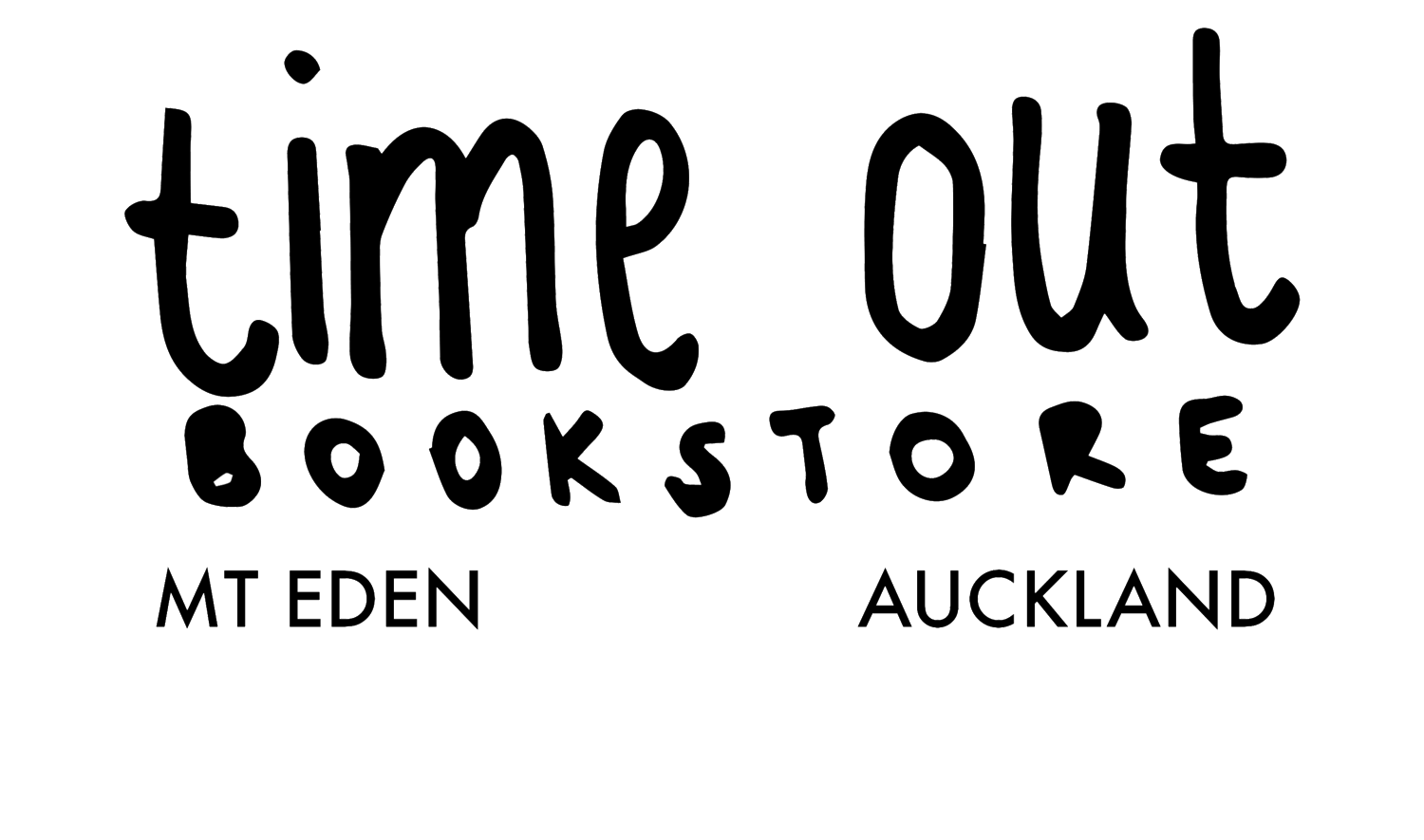Abby spoke with Juliet Blyth, former bookseller and current CEO of Read NZ. She is the convenor of judges for this year’s Jann Medlicott Acorn Prize for Fiction at the Ockham New Zealand Book Awards.
Why did you apply to be an Ockham's judge?
Well, I’ve always been a reader and I’ve been lucky to be attending the Ockham NZ Book Awards and previous iterations for several years. They never get old for me, it’s such a buzz to be there to celebrate the creativity and the accomplishments of our writers, in all fields. I decided I wanted to be part of it, and to give something back to the industry I’ve gained so much from. Plus, several good friends have been judges over the years and they heartily recommended the experience!
Tell us a bit about the process - how many submissions did you have to read? What did your days look like when trying to get through them all?
All up we had 43 books to read. From September to December, I cleared the decks, and read in the mornings before work, again in the evenings, and at weekends. Once I settled into the routine, I really welcomed the discipline.
As judges, you're obviously all extremely passionate about NZ fiction. Were you mostly harmonious in your decisions? What was your strategy as convener if/when disagreements arose?
Judging with Kiran and Anthony has been a dream, they are thoughtful, extremely well read and articulate. We all brought different strengths and experiences to the judging process which provided balance and alternative perspectives, as one would hope. We worked successfully together because of our mutual respect for each other, and clear communication from the beginning. If we needed time to consider alternative views we took it, our decisions were stronger for it.
What was it like meeting with international judge Natalie Haynes? Was there anything about her perspective on our shortlist that surprised you?
It was amazing, Natalie is very very smart, insightful and articulate. Her perspective as a reader on the other side of the globe, and her experience as a literary prize judge was invaluable, providing clarity and fresh eyes at a critical time in the process.
This particular shortlist is made up of four very distinctive stories that span across drastically different genres. Was there any intention behind that choice?
The short list celebrates established writers at the height of their powers, whilst drastically different they are united by their sense of social conscience. The short list is also a direct reflection of the incredible depth and range of writing we were presented with as judges. It’s exciting.
You started your career as a bookseller! If you were working in a bookshop right now, how would you handsell the shortlist to a customer?
Gosh, that was a while ago, here goes!
A Better Place shines new light on the impact of war, specifically WWII, on our collective conscious. With practiced economy Daisley conveys a whole world.
Audition asks what happens when systems of power decide someone takes up too much space. It’s a genre buster, like nothing you’ve ever read before, often confronting but told with heart and love.
Birnam Wood is a wild ride, give yourself over to this often hilarious, impeccably written, tightly plotted and richly imagined eco thriller.
Punchy, refined and frequently funny, Lioness is an incisive exploration of wealth, power, class, female rage, and the search for authenticity.
We know you probably can’t tell us which of the shortlist was your favourite! But what are some of your favourite things about this shortlist? What was the reading experience for these four books like?
You’re right, they are all completely different reading experiences.
A Better Place excels in its tender exploration of the pervasive themes of the time through the eyes of two brothers; Audition excels in its world-building and its heart; Birnam Wood is pacy and sophisticated in its handling of a large cast and multiple narratives , and Lioness for its very contemporary take on women’s lives who are sometimes invisible and often overlooked or dismissed. It’s funny, sharp and relevant.
What’s your outlook on the landscape of NZ fiction right now, having spent months reading the best of the best?
Bowled over really, it was a spectacular year for NZ fiction. How lucky are we as readers to have all this richness within our reach. The experience of judging, of reading more NZ fiction than I ever have, and the conversations with my judging comrades has been a gift. I’ll miss it.

